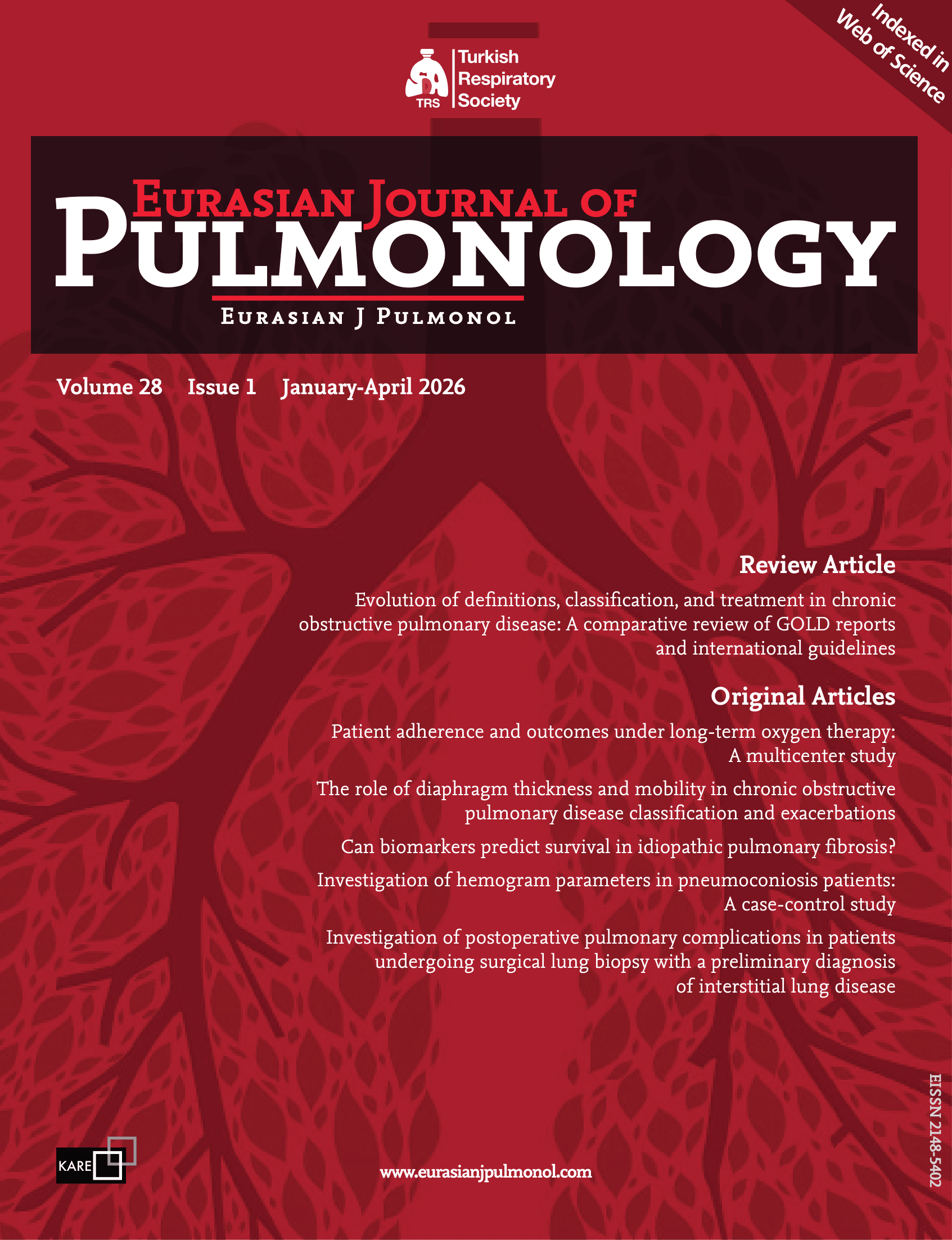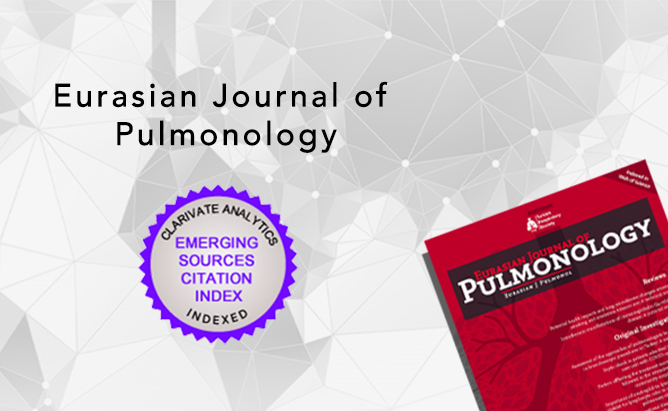2Department of Pulmonary Disease, Faculty of Medicine, Süleyman Demirel Universty, Isparta, Turkey
Abstract
Lung cancer is one of the most common cancers with high mortality and is described as one of the leading causes of cancer-related deaths worldwide. Lung cancer is classified into two main histological groups: small cell lung cancer (SCLC) and non-SCLC (NSCLC). Using tobacco products is the most important risk factor for lung cancer development and appears to be responsible for 80%–90% of total lung cancers. It is thought that lung cancer is the end result of exposure to environmental risk factors in people with genetic susceptibility. Lung cancer cells contain many genetic alterations such as mutation, amplification, insertion, deletion, and translocation. The information obtained from research suggests that these genetic changes are also associated with characteristics such as smoking status, race, and gender. Significant progress has been made in the last 10–15 years to understand the molecular basis of lung cancer, and the discovery of oncogenic precursor mutations has created new pathways in the NSCLC classification and has also provided new therapeutic targets for anticancer therapy. With the introduction of targeted agents such as epidermal growth factor receptor and anaplastic lymphoma kinase in the treatment of adenocarcinomas in an effective manner, personalization of treatment strategies has become especially important for advanced lung cancer patients. The 2015 World Health Organization guideline for the classification of lung cancer recommends the preservation of pathologic specimens for molecular examinations and emphasizes the importance of molecular testing in the individualized treatment of advanced lung cancer patients.









